The world is at a critical juncture where we must rethink our
Successful RoadMap to a circular economy
2023 is underlining collective global, regional and national efforts in the transition to a circular economy. This year’s conference aims to provide an understanding of key ingredients in a successful ROADMAP to a circular economy, as well as to highlight the challenges, trends, and opportunities in Southern and East Africa to transition to a circular economy.
8th Annual Circular Economy Key Discussion Themes
This year’s conference aims to provide an understanding of key ingredients in a successful ROADMAP to a circular economy, as well as to highlight the challenges, trends, and opportunities in Southern and East Africa to transition to a circular economy.
Plastics
Rethinking Plastic choices – how to make the EPR work
1Food
The new destination for Organic waste
3Water
Water – from harvest, efficiency to wastewater treatment; less is more
5Fashion
Slowing down Fast fashion and Africa’s growing role.
2Digital Revolution
How the Digital Revolution can change the story
4Renewable Energy
New legislations, innovations & investments.
6Programme Schedule
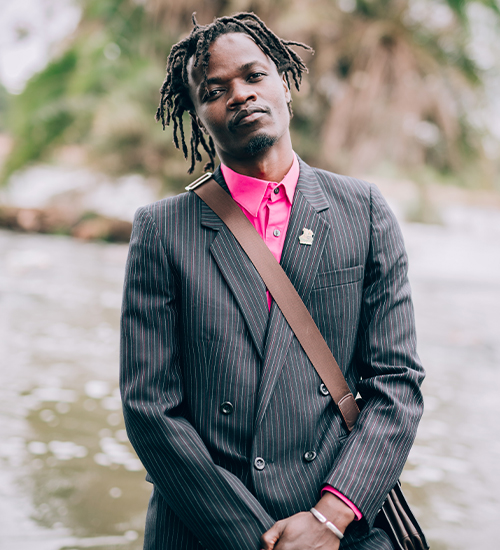
PLENARY SESSION
Juliani
The 7th Circular Economy Conference in partnership with TheRockGroup and powered by the European Union in Kenya, aims to provide an understanding of key ingredients in a successful ROADMAP to a circular economy and highlight the challenges, trends, and opportunities in Southern and East Africa to transition to a circular economy.
It will be articulated around the plenary session with speakers from across the divide, sharing stories that set the scene for the future. We will engage creative minds in shaping a new reality, showcase trailblazers, and share visions from policymakers, civil society and the private sector in speeding up the transition to a circular economy.
REGIONAL CIRCULAR ECONOMY FORECAST
Africa, and notably Kenya, is at a crossroads. On the one hand, most people still have a close connection to the nature-based economy in their farms and home villages; many can see the effects of climate change, and also how long-term strategies can render increased sales and exports.
Proper waste management and access to green energy become top priorities not only to protect the environment but also to offer new business strategies. On the other hand, in a harsh economic environment, is it easy to go for short-term gains, disregarding sustainability aspects.
Governments, and other institutions – including the private sector - play a crucial enabling role in shaping and supporting the transition to a circular economy, in line with the African Union Agenda 2063, the SDGs, and the commitments to reduce carbon emissions expressed in the Paris agreement. The upcoming COP27, which will be held in Africa in November, will discuss the international order needed to attract businesses in the transition.
In partnership with the European Union in Kenya, this session will bring together key policymakers to provide insights into their focus programs. We will explore ways we can translate a green, sustainable, inclusive and circular global vision to local impacts and actions. It will also shine a light on the impacts of public and private partnerships, merging insights around industry needs and policy developments.
SCHEDULE SPEAKERS:
Sarah Gane, Sonia Orwa, Robert Backlund, Karin Boomsma, Juliani, Faith Ngige, Dr. Ayub Macharia, Charles Karangwa, Miriam Chepchumba Bomett

WORKSHOP 1: OPPORTUNITIES FOR CIRCULAR AGRICULTURE
Peter van Leent
By adopting increasingly circular, regenerative, and inclusive farming practices, Kenya has shown great potential to make its second-largest industry more sustainable overall. For instance, circular agriculture is enabling Kenya to mitigate climate change, elevate its food quality and improve food security.
Are you in the Agricultural sector? Join this workshop as we illustrate the opportunities for circular agriculture in Kenya and farming trends that have been identified as indicative of the transition to circular agriculture in the region.
SCHEDULE SPEAKERS:
Tei Mukunya Oundo, Talash Huijbers, Peter Van Leent, Elfrieke Van Galen, Claire Van Enk
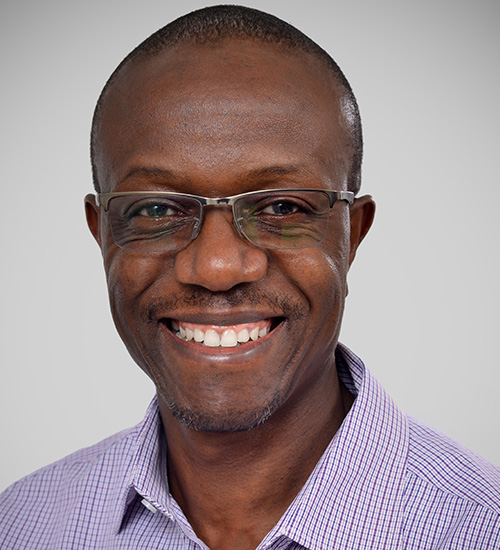
WORKSHOP 2: WATER IS A SENSITIVE TOPIC
Eng. Fanuel Nyaboro
Water scarcity and ‘day zero’ have been common phrases used over the past few years, for example, in South Africa and many other parts of Africa. In Kenya and Ethiopia, droughts are a yearly phenomenon, and yet we are not conscious and smart enough with water usage when available, with a lot of people lacking access to potable water in East and Southern Africa.
This session will shine a light on what sustainable water consumption means, and available technologies to optimize sustainable systems by applying the Circular Economy principles.
SCHEDULE SPEAKERS:
Willis Ombai, Eng. Fanuel Nyaboro, Ebenezer A. Amadi, Alex Mucheru
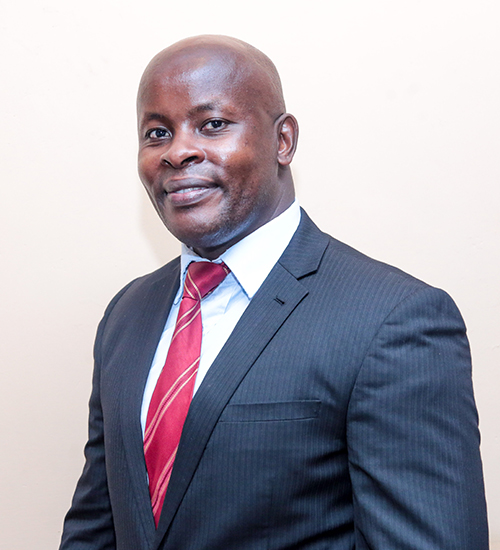
WORKSHOP 3: ACCESS TO DIGITAL IS KEY FOR AFRICA’S DEVELOPMENT
Dr Ehud Gachugu
With a young population, great entrepreneurial spirit and adaptability, the digital revolution is one of the biggest opportunities to make Africa thrive. However, in the current take-make-waste culture, producers are building their business models around the number of products as opposed to the quality. New designs and marketing are part of the cause of consumers’ addiction to ‘new’ products. In addition, the repair is often expensive or complex due to poorly designed products. How can this be best managed? And what happens at the end-of-life span?
This session will shine a light on the nexus between digital and green, looking at the innovations and initiatives that have been introduced to reduce e-waste from entering landfills and promote a circular economy within the industries value chain, (with a focus on refurbishing, reuse, and re-manufacturing).
SCHEDULE SPEAKERS:
Valentine Cheruiyot, Simone Andersson, Dr. Ehud Gachugu, Mr. Olivier Vanden Ende
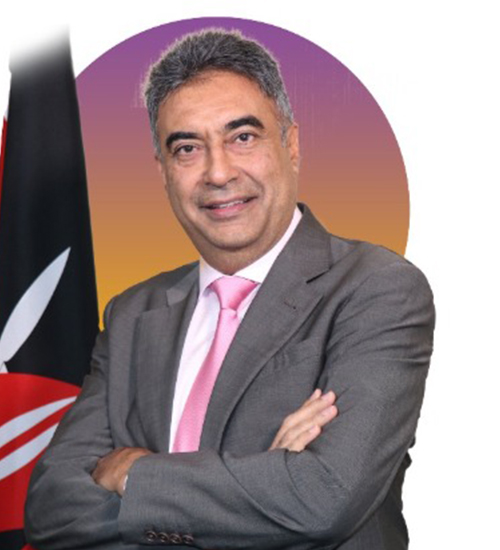
WORKSHOP 4: SUSTAINABLE AND ETHICAL TEXTILE & FASHION
Jaswinder (Jas) Bedi, EBS, MBS
The textile and fashion industry is a long and vast value chain that starts with farming or extraction and ends at the second-hand clothing market or beyond. Due to the current fast and global fashion industry, the negative impact is seen and felt on all the components of the value chain, from massive pressure on the production of cotton leading to soil degradation to the overwhelming waste generation since materials are designed to last short and used for a brief period and disposed of thereafter.
Shifting market demands and opportunities and the current ‘Africa is in Fashion’ trends may provide Africa the ultimate momentum to ‘change the Textile & Fashion story – for Good’. Join this session, as we explore how the use of organic material, alternative fibres, ethical production, creative traditional and contemporary skills and design, and sustainable consumption can reduce the environmental and social impact of the textile industry.
SCHEDULE SPEAKERS:
Valerie Nyamwaya, Nadia Ashraf, Ludovica D’Andria Di Montelungo, Louise Sommerlatte, Jaswinder (Jas) Bedi, EBS, MBS, Janet Chemitei, Elise Sormani, Christine-Ann Mccreath, Brian Kihindas, Bettina Heller
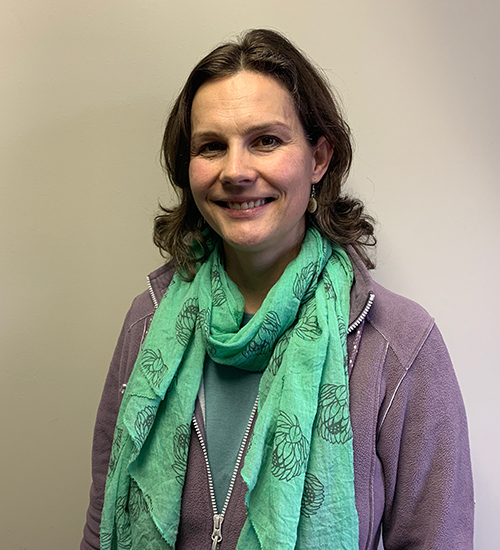
WORKSHOP 5: PLASTIC PACKAGING NEEDS TO GET UNPACKED
De Kock, Lorren
In Southern and Eastern Africa, various commitments to transition to a circular economy for plastics are on the rise from both the public and private fronts. These include the implementation of private sector voluntary initiatives such as the South African and the Kenya Plastics Pacts, and the introduction of new and amended policies including the mandatory Extended Producer Responsibility (EPR) Scheme. Compliance and enforcement, however, remain major issues, due to the lack of clear targets in policies.
This workshop will discuss recent commitments to the EPR and the potential impact of the “End Plastic Pollution: Towards an internationally legally binding instrument” in Africa. It will also set the scene for the Kenya Plastics Pact Summit, taking place the following day on the 27th of October, 2022.
SCHEDULE SPEAKERS:
De Kock Lorren, Alex Kubasu, Lieselotte Heederik, Thais Vojvodic
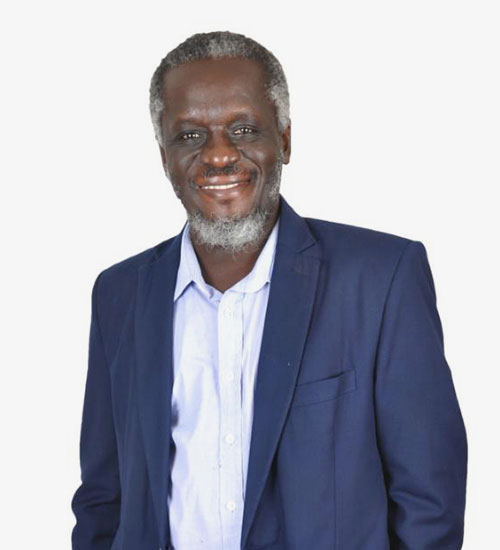
WORKSHOP 6: RENEWABLE ENERGY AND ALTERNATIVE SERVICE MODELS
Andrew Amadi
Non-renewable energy sources, particularly fossil fuels such as coal, are the dominant energy sources for electricity generation in South Africa. As the world transforms into low carbon and inclusive society, how can the use of renewable energy sources, such as biomass and biofuels, assist Africa in its transition to a low-carbon economy? South Africa has been criticized as the most intensive G20 economy with the highest coal reliance and it is estimated that 85% of the nation’s electricity is generated using coal.
On the other hand, “Kenya has a liberalized energy sector and has made significant progress in the recent past in the formulation of renewable energy policies. Kenya’s electricity power mix is among the most sustainable in the world, with 80% of electricity coming from renewable sources.”
This session will seek solutions; renewable energy, regenerative models and a just transition in Africa. We will share and compare national and private best practices, and address challenges that hinder the achievement of more sustainable alternatives.
SCHEDULE SPEAKERS:
Mr. Mohamed Jibril Omar, Dr. Linda Davis, Juliana Kainga, Andrew Amadi
REACH US Event Location
Circular Economy Africa
KEPSA Offices
Mamlaka Road
Shelter Afrique Building, 5th Floor
Registration Info
Phone: +254 716 301 817
Email:karin@sustainableinclusivebusiness.org
Snow Lake Hotel, Brighton, Australia
1Hd- 50, 010 Avenue, NY 90001
Australia
Tickets info
Name: Ronaldo König
Phone: 009-215-5595
Email: info@example.com
Programme Details
Name: Ronaldo König
Phone: 009-215-5595
Email: info@example.com
Brighton Waterfront Hotel, Brighton, London
1Hd- 50, 010 Avenue, NY 90001
United States
Tickets info
Name: Ronaldo König
Phone: 009-215-5595
Email: info@example.com
Programme Details
Name: Ronaldo König
Phone: 009-215-5595
Email: info@example.com
Powered /by
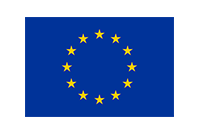
The European Union and Kenya have a long-standing partnership – covering Political, Development, Economic and Security Cooperation. The European Union and its Member States, acting jointly as Team Europe …
Our Partners

TheRockGroup (TRG) is an ambitious agency driving the transition towards a sustainable economy and society. We believe that fair and sustainable business can and should accelerate this transition.
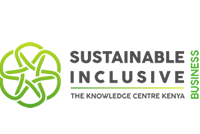
Sustainable Inclusive Business – Kenya (SIB-K) is a neutral initiative established through a fruitful partnership between the Kenya Private Sector Alliance (KEPSA) Foundation and the Embassy of the Kingdom of Netherlands in Kenya.
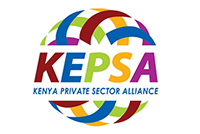
KEPSA is the apex organization of the private sector in Kenya. It brings together local and foreign business associations, chambers of commerce, professional bodies, corporates from multinational companies

Sustainable Inclusive Business – Kenya (SIB-K) is a neutral initiative established through a fruitful partnership between the Kenya Private Sector Alliance (KEPSA) Foundation and the Embassy of the Kingdom of Netherlands in Kenya.

TheRockGroup (TRG) is an ambitious agency driving the transition towards a sustainable economy and society. We believe that fair and sustainable business can and should accelerate this transition.
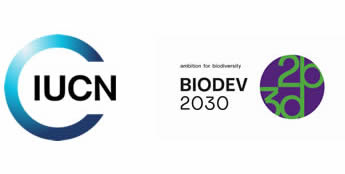
IUCN is a membership Union of government and civil society organizations. Together, we work to advance sustainable development and create a just world that values and conserves nature.

KEPSA is the apex organization of the private sector in Kenya. It brings together local and foreign business associations, chambers of commerce, professional bodies, corporates from multinational companies

Tambuzi: Climate change poses an existential threat to businesses around the globe. Every organization large and small must take up the challenge to measure, reduce and contribute towards their individual impact. Tambuzi was the first flower farm in the world to sign up to the UN Climate Neutral Now program in 2019 and has since been joined by 20 other companies in Kenya.

Greenthing is a Kenyan brand that provides eco-friendly and toxin-free products as conversation starters on climate change and how we can collectively live more sustainably. It was started by a Kenyan journalist and sustainability Youtuber who wanted to use every day home essentials to make sustainability more relatable.